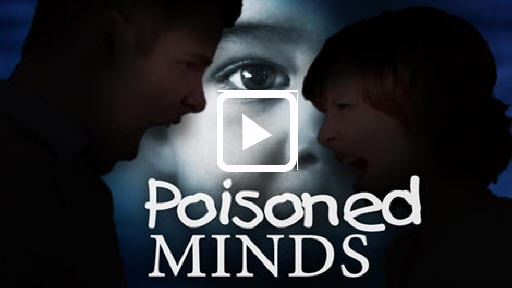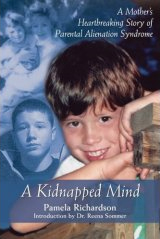![]()
In rich Canada, welfare worsens
Recipients get less than 20 years ago
Public is turning a blind eye to issue
The Toronto Star, ( Canada's largest daily newspaper) THOMAS WALKOM, NATIONAL AFFAIRS COLUMNIST, Aug. 25, 2006
Here in Canada, in one of the richest countries of the world, the very poorest are getting poorer. This is not the result of some external or unforeseen crisis. It is happening in the midst of a long-running economic boom and reflects the deliberate decisions of elected governments presumably supported by the Canadian public at large to purge the roughly 1.7 million people consigned to welfare from our collective consciousness.
It is shameful. It is pretty much criminal. And, as the National Council on Welfare, an advisory body to the federal government, warned in a report released yesterday, it is remarkably short-sighted. In particular, it is short-sighted for those of us in the broader middle classes who assume wrongly that we could never end up on the dole.
It's a cruel world out there now. Successive governments have gutted or eliminated much of Canada's vaunted social safety net. For most workers, employment insurance doesn't exist. Increasingly, employers prefer part-time or contract workers who can be fired at will and who are owed neither benefits nor pensions.
If the economy falters and unemployment spikes as it is almost sure to do again there is not much between a comfortable middle-class life and welfare.
So just hope it doesn't happen to you. As the council points out, for the vast majority of those on welfare, things are bad and getting worse.
The figures are depressing and distressing. In Ontario, for example, the incomes of most welfare recipients, after adjustment for inflation, are lower now than they were 20 years ago.
And that's not just because of Mike Harris. True, the former Conservative premier gleefully slashed welfare rates. But his successor, Liberal Dalton McGuinty, has been equally, if more qu.ietly, stingy.
In 1997, well after Harris made his cuts, a single mother with one child in Ontario received $16,205. Last year, a single mother's benefit, after adjustment for inflation, was just $14,451 or about 11 per cent less.
It's probably worth noting that Newfoundland has a more generous welfare system than Ontario. A single mother with one child in that province gets $16,181.
But Ontario is not the only piker. In Conservative Alberta, rates for a single person on welfare have dropped by $4,800 or roughly 50 per cent in inflation-adjusted terms over the past 20 years. In British Columbia, now run by a nominally Liberal government, welfare recipients with disabilities get less in real terms than they did in 1989.
Even Saskatchewan's New Democrats have been cheese parers when it comes to welfare. In that province, the inflation-adjusted welfare income for a couple with two kids is $4,125 less than it was in 1986.
On top of this, the federal government's much-heralded child benefit supplement, introduced by Jean Chrtien's Liberals in 1998, has done almost zilch for people on welfare.
That's partly because five provinces, including Ontario, claw all or part of the benefit back from families receiving social assistance.
And it's partly because the country's complicated welfare system is almost impossible to figure out for would-be beneficiaries or anyone else. It has become, as the council says flatly, "incomprehensible to most people."
As for Prime Minister Stephen Harper's Conservatives, the council says their reforms don't help the poor much at all.
No surprise here. Still it's worth noting, as the council does, that Harper's income-tax cuts benefit high-income earners most. His GST cut doesn't help the poor, who already had a sales-tax break. His new $100 a month child-care benefit, the council says, may help more well-to-do parents who already have access to daycare but does little for people on welfare who can neither find nor afford care.
The net result is bleak: In spite of the myriad of government programs, the income of welfare recipients remains far below Statistics Canada's so-called low-income cutoff, a measure usually referred to as the poverty line.
In Ontario, a disabled person on welfare gets $12,057 or about 58 per cent of what StatsCan figures the average single person needs to live. Other kinds of welfare recipients get even less.
It is a grim business.
Still, it's not fair to blame just elected leaders like Harper, Harris or McGuinty. True, politicians didn't keep their bold promises to eliminate child poverty.
True too, many politicians either ignore welfare recipients or subtly (not so subtly in the case of Harris) demonize them as undeserving.
But in the end, politicians can't help but respond to the issues voters care about. And that stark political fact says something very unpleasant about us.
"Most Canadians would find it impossible to cope with the substantial income losses that welfare households have experienced," the council writes. "Coping is even harder for those who are already at the bottom of the income scale, given their already meagre incomes. Yet there appears to be little concern ...
"Have both governments and the Canadian public turned their backs on the poorest of the poor?"












